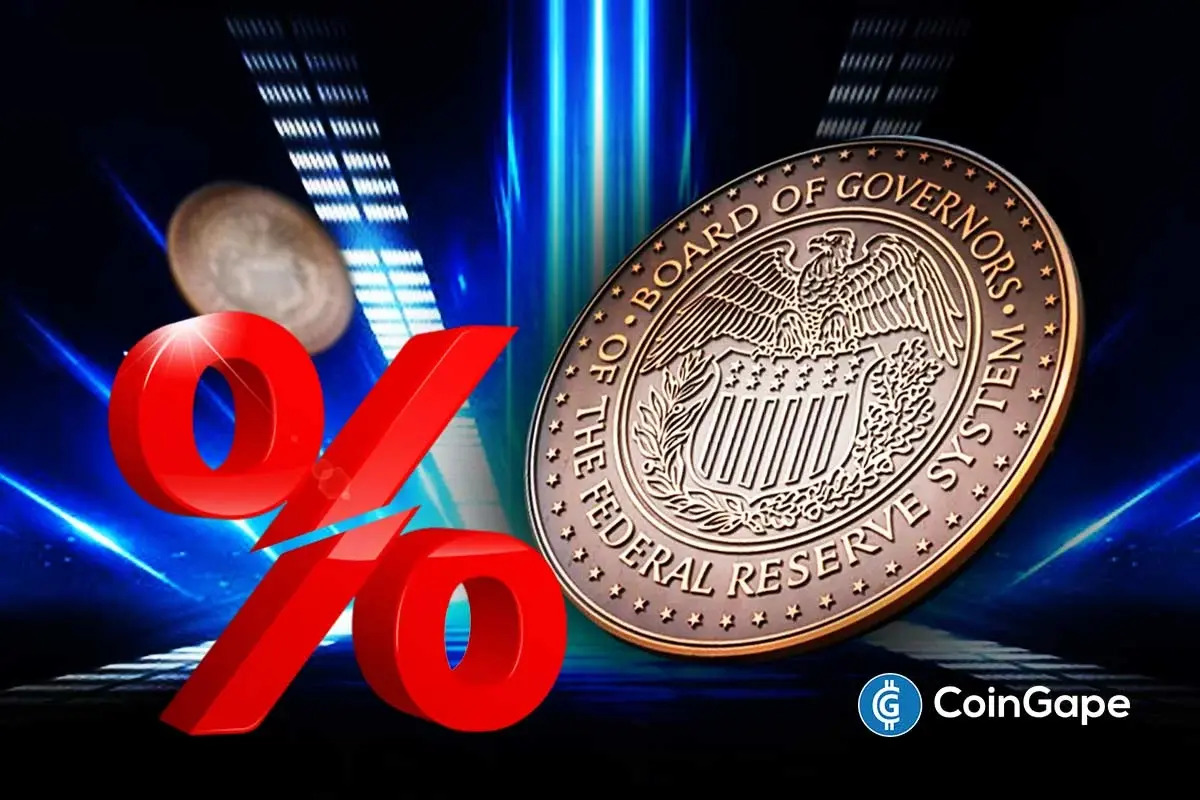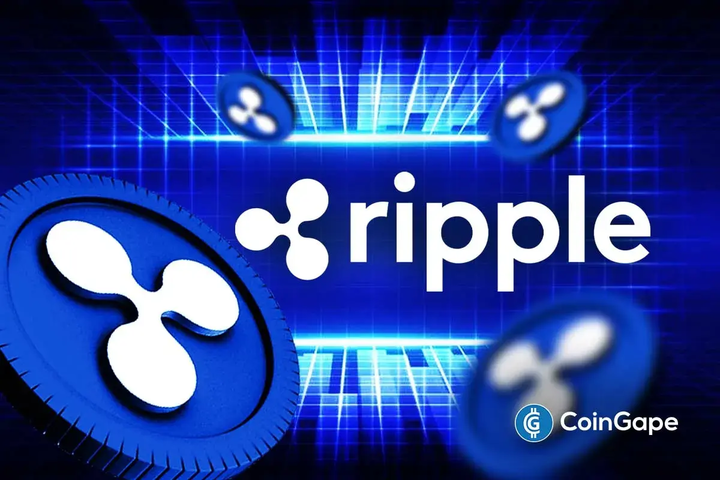Mastercard Acquires Cybersecurity Firm Recorded Future For $2.65 Billion

Highlights
- Mastercard acquires Recorded Future to strengthen its cybersecurity capabilities.
- Mastercard partners with Mercuryo to launch a euro-denominated debit card for spending self-stored cryptocurrencies.
- The move reflects Mastercard's increasing focus on self-custody crypto solutions.
Mastercard Inc. has finalized an agreement to acquire cyber-defense company Recorded Future for $2.65 billion, aiming to enhance the security of its extensive global payments network.
The acquisition from the private equity firm Insight Partners is set to bolster credit card giant’s capabilities in employing artificial intelligence to safeguard against cyber threats and fraud.
Mastercard Buys Recorded Future to Fight Cybercrime
Insight Partners had previously acquired a majority stake in Recorded Future in 2019 through a cash transaction valuing the firm at over $780 million.
Recorded Future serves over 1,900 clients across 75 countries, and payment services provider highlighted in its announcement the growing urgency of addressing cybercrime, which is projected to inflict global costs of $9.2 trillion this year.
According to a recent Bloomberg report, Craig Vosburg, the Chief Services Officer at the credit card network, emphasized that the partnership will accelerate innovation, enhance the development of intelligent models, and proactively address potential cyber threats. The transaction is anticipated to close by the first quarter of the upcoming year.
Boosting Self-Custody Crypto with New Debit Card
Mastercard also recently enhanced its support for non-custodial cryptocurrency wallets by partnering with European crypto payments infrastructure provider Mercuryo, a Bitcoin ordinals trading platform. This collaboration led to the introduction of a euro-denominated debit card that permits users to spend their self-stored cryptocurrencies—like Bitcoin—at over 100 million merchants worldwide within the Credit card network.
This initiative followed the launch of a pilot crypto debit card with the MetaMask wallet in August 2024, marking a significant step in Mastercard’s strategy to integrate more closely with the burgeoning sector of digital assets.
The move underscores a growing trend in the cryptocurrency industry: the shift towards self-custody. Unlike traditional custodial wallets, where third parties like banks or exchanges manage the security and storage of digital assets, self-custodial wallets give users complete control over their private keys and, consequently, their funds. This model of digital asset management promotes greater autonomy but also places the onus of security squarely on the individual users.
Also recently, Mastercard has partnered with MetaMask, developed by ConsenSys, to launch a new crypto card aimed at bridging the gap between digital assets and everyday transactions. This collaboration marks a significant step in integrating cryptocurrency into daily consumer spending.
Play 10,000+ Casino Games at BC Game with Ease
- Instant Deposits And Withdrawals
- Crypto Casino And Sports Betting
- Exclusive Bonuses And Rewards

- BTC Price Bounces as Spot Investors Buy The Dip Amid Iran War Jitters
- CFTC Chief Mike Selig Signals US Crypto Perpetual Futures Rollout in Coming Weeks
- Fed Rate Cut Odds Drop as Inflation Fears Rise Due To U.S. Iran Conflict
- Here’s Why Tether Gold (XAUt) Price Is Falling Even With Growing Gold Demand
- XRP News: Ripple Expands Payments Platform To Unify Fiat and Stablecoins Globally
- Gold Price Prediction March 2026: Rally, Crash, or Record Highs?
- RIOT Stock Prediction as Needham, Piper Sandler Slash Target After Earnings
- Cardano Price Outlook As Charles Hoskinson Warns Over CLARITY Act
- Circle Stock Price Climbs 15% to $96, Can Rally Continue in March 2026?
- Bitcoin Price Prediction as US-Iran War Enters 4th Consecutive Day
- Top 5 Historical Reasons Dogecoin Price Is Not Rising

 Buy $GGs
Buy $GGs















